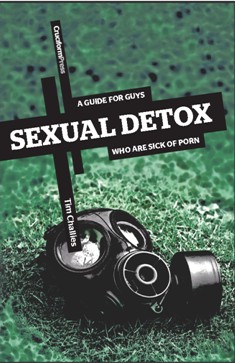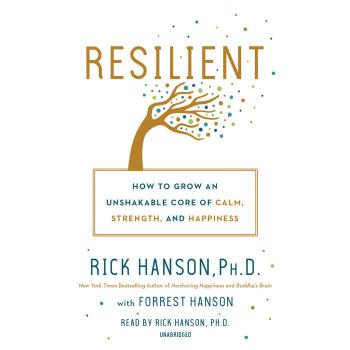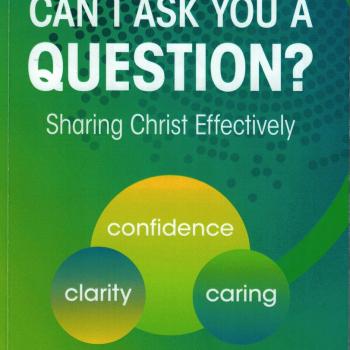
Sexual Detox by Tim Challies
Sexual Detox by Tim Challies is a no-nonsense approach for Christian men who want to overcome sexual addiction – specifically pornography. He bluntly addresses the problem (25):
Porn is so prevalent that it’s nearly certain every young man will find it; and once it has been tasted, it is difficult not to indulge.
He states that pornography is so dangerous because (29):
What it mocks and rejects is a truly intimate joining, the most profound joining a man and woman can know.
He puts it clearly in these terms (28): “sex is not just a physical problem. It is a spiritual problem.” It starts from within (Matthew 5:18-20). That is why replacing with some other sex act or something else won’t work. It requires something more (29).
As in all matters of spiritual growth, you need to replace lies with truth, and an unholy practice with a holy one.
Then Challies puts the solution is very simple, but hard to do terms (30):
So, getting free and staying free are different things but they involve the same process: Repentance, putting off the old, and putting on the new. You need to practice all three, on a regular basis, for the rest of your life. Sorry. That’s how it is.
Challies then proceeds to share why the Bible teaches sexual detox is important. The theology of masturbation is similar to that of James Dobson and Bill Perkins. However, Challies does give an excellent of both the Perkins Test and Dobson’s view. He critiques the Perkins Test for being unrealistic. Challies makes the claim that Dobson is humanistic. Dobson is wrong because he claims that masturbation is normal. However, Challies claims, “But normal is not a synonym for morally acceptable.” Challies also challenges Dobson and Perkins on the subject because the two men argue that the Bible says nothing wrong about masturbation. However, Challies uses Matthew 5:28 to include that sexual act as part of the problem of lust. Challies also compares the argument against masturbation to the argument used by many against abortion. The Bible never says anything about abortion, Challies claims, but the Bible says plenty about the sanctity of human life (39). Challies makes this definitive statement against masturbation:
Why, exactly, is masturbation sinful? Most importantly, just like any other sin, because it violates God’s holiness. Masturbation is also sinful because it compromises us.
He shares that masturbation is sinful because it brings out the guilt and shame that comes from disobedience. However, Challies does state a solution. He says that there is hope for the Christian struggling with this sexual problem. He follows this chapter with another one describing the three gifts of sex – or the reasons why sex is good. These reasons are: (1) sex motivates joyful obedience, (2) sex strengthens a husband’s leadership, and (3) sex enhances true freedom. Challies sums up the theology of masturbation and the gift of sex (57):
So, sex is a good thing, marvelously good. And the boundaries God has established for it are good as well.
Chapters 1-4 deal with sex, the rest of the book deals with detox. After defining what sex is not (61-63), Challies describes what sex is (63-5), and what the right questions are for a man to ask about proper sex (66-69). This is part of the detox process because it makes the man think through why he is involved in sex in the first place. After addressing sex detox in the bedroom in chapter 5, Challies deal with the more important topic of sex detox in the soul in chapter 6. Challies has what he calls a “Great Concluding Insight” for sexual detox in the soul (72):
You need to stop looking at pornography. And you need to stop masturbating. Right now. As in, this instant. Not tomorrow. Today.
You have to deal with it. Yes, it means you will fall. You will have to get back up. But a Christian man has to deal with their sexual problem to find healing for the soul (Colossians 3:5-6).Challies shares Bible verses which helped him. He shares commentary from Genesis 26:8 about a husband and wife “sporting,” 1 Peter 3:7 about being an understanding husband and Proverbs 5:18-19 which makes the point that husband should enjoy his own wife and not “drink” from another man’s cistern (a euphemism which means that man should not touch or be involved with another man’s wife.) He also states that 1 Timothy 5:1-2 was instructive about the connection between women and pornography and how God expects men to treat all women with respect as sisters.
How could I do that if I was leering at them on the screen? How could I leer at anonymous young women on the screen and then assume that I’d be able to then turn off that lust and treat other young women in my life as sisters? Giving in to lust in one area would impact every area. God commanded me to see young women not as sexual objects but as sisters. I had to relate to them with all purity—in my heart, in my mind, in my life.
This eclectic group of verses helped him overcome pornography. He challenges men to meditate on these verses as well. He also challenges men to find their pastor or a qualified Christian man to confide in and get help. This is great advice. Men need accountability. I use tools to help a person overcome these problems through proper accountability. So I understand Challies’ point. His warning about accountability (“being fearful of their accountability partner more than they fear God” on page 80) is true. The purpose of accountability is not to “catch” them in the sin, but to help them overcome the sin.
The book ends with a sermon by Charles Spurgeon from 1 Corinthians 10:13 entitled “Comfort” for the Tempted.” This bonus sermon is included to continue to provide encouragement for people who need help with these problems.
Overall, I found this book a good read. It has sound theology. It also deals with the real issues that young men face. I would encourage men to pick it up for FREE at Tim Challies website here.
Disclosure of Material Connection: I received this book free from the publisher through the Cruciform Press blogger review program. I was not required to write a positive review. The opinions I have expressed are my own. I am disclosing this in accordance with the Federal Trade Commission’s 16 CFR, Part 255: “Guides Concerning the Use of Endorsements and Testimonials in Advertising.”













